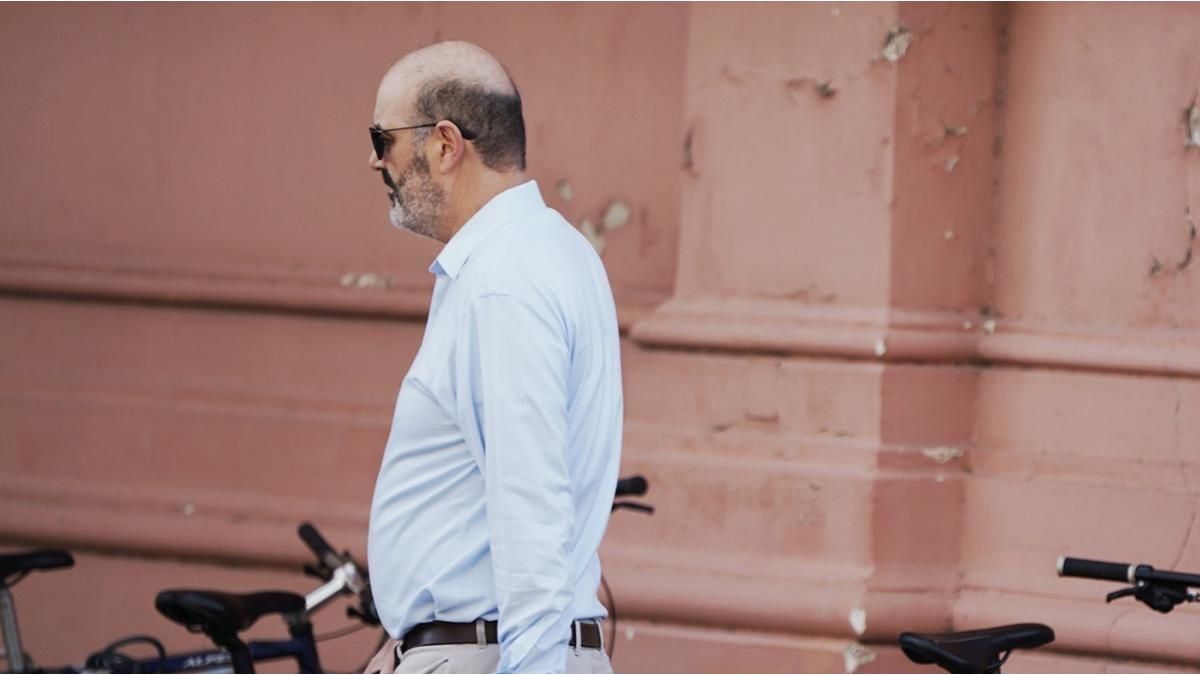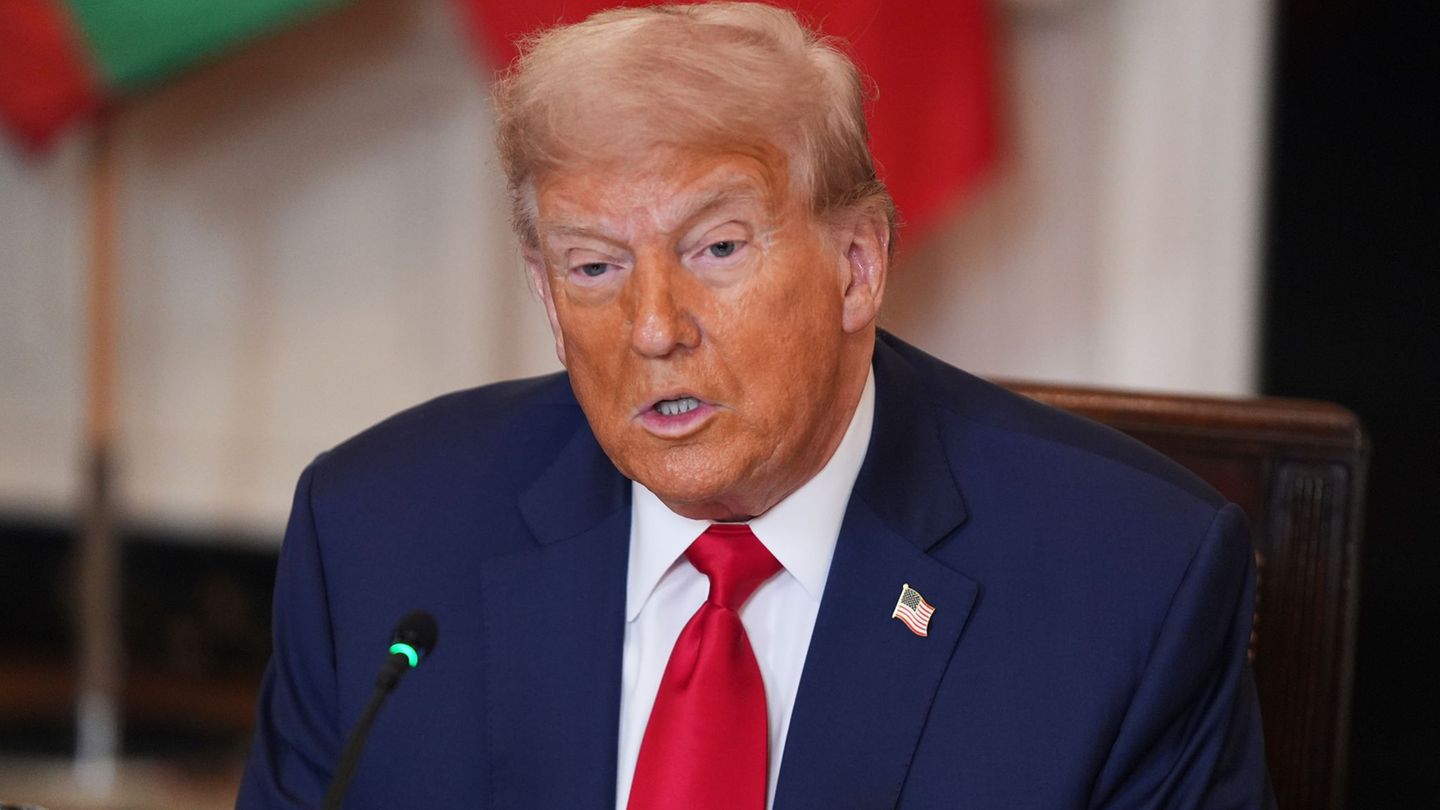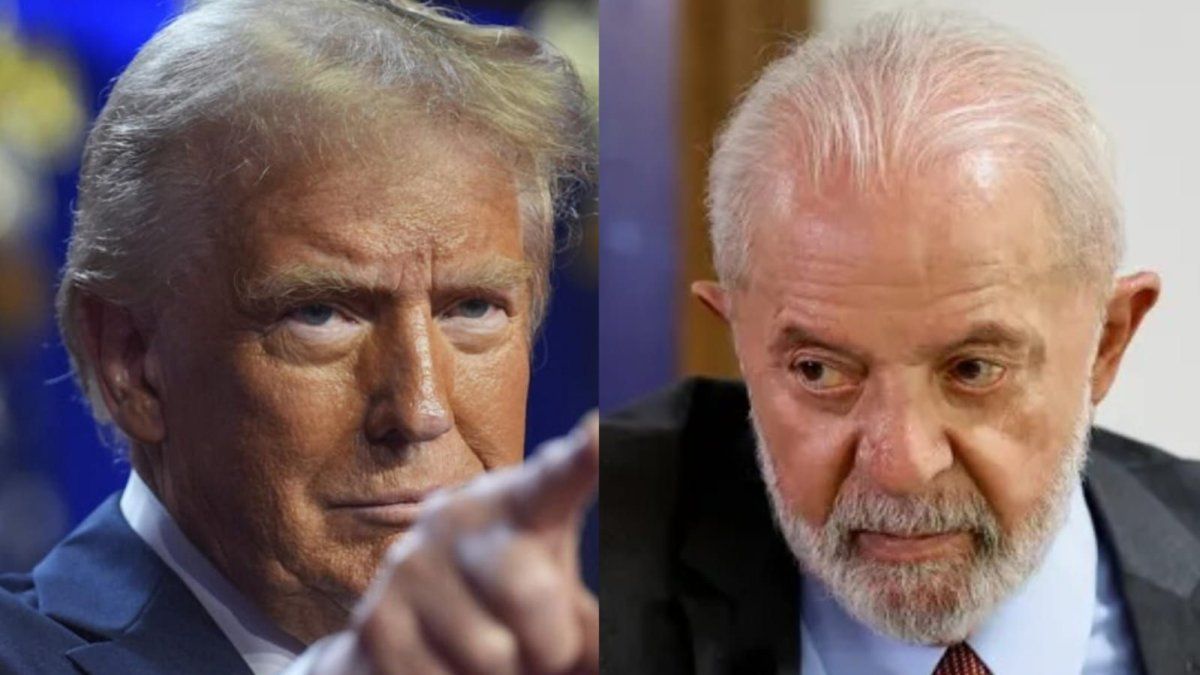Sometimes one could argue that organism and person are the same thing but the difference is so subtle that not even the most experienced journalists raise it, ideas and economic thought Does anyone think that this liberal-conservative government is different from Mauricio Macri’s? Does anyone think it is strange that a certain sector of UxP accompanied the UCR, the PRO and the LLA in the approval of the Pasta Base Law? The answer to these questions is “NO”.
Recently, in the Marxist Training Center (CEFMA) in Marxist Notebooks No. 28, an article was published that describes this process. “The classist revenge: planning of misery, colony and economic centers” from which it is necessary to keep in mind a quote: “We are deciding the future of the country, because we are not going to form the future government with our own resources, but above all they are going to have to do what we are preaching… They can no longer do anything without considering our presence, that is how it is in practice, and intellectually we have already won the game, they are all liberals today in Argentina…
These words were heard in 1989, in a speech by Alvaro Alsogaray (UCEDE). There is nothing new in the future, nor is there a “democratic right” as a theory. Another anniversary of the 1976 coup d’état was celebrated this year, its consequences still resonate through the training of economists. These are debates that very few universities have, except in the suburbs, one recently ended at the National University of Moreno.
If teacher training teaches that economics is the administration of scarce resources and does not put it up for debate, is it the student’s fault? Shouldn’t our teachers be serial incentivizers of debate and critical thinking? And if they don’t question something as basic as the definition of “economy,” the student ends up understanding that there is no other solution than closing a school, a hospital or not building a bridge because “there is no money.”
The result of this statement is linked to the idea that an adjustment must be made, so did society, the Argentine people, the workers or the free organizations of the people understand that an adjustment is necessary? For the third time, it is “No.” We are not going to solve all the problems of the study plans of all economics courses in a weekly column. But we are going to propose that we must rethink, in the sense of adapting the present and the world to the training of professionals who later end up occupying decision-making positions in the private and public sectors.
Because Federico Sturzenegger He did not come from a private university, but from the National University of La Plata (UNLP), founded in August 1905 by Dr. Joaquín Víctor González. Because universities train technical staff for the leadership of the nation in the public sector (municipal, provincial and national) and also for the private sector, the CEO of Globant graduated from the UNLP. The dilemma is not where they graduated, but what kind of vision of the economy they had and will have. López Murphy was also a student and became president of the Center of Economics Students of the UNLP, a militant of the Franja Morada.
There is something in common here, between Federico and Ricardo2001. During his short administration (March 5 to March 20, 2001) he ordered a US$360 million cut in the university budget during the first year; in the second year, another US$450 million cut was planned (2002). This did not happen due to the strong mobilization of the university and scientific sectors. The labor minister of that government was Patricia Bullrich. The 2001 plan contemplated a reduction of 40,000 state jobs. In the first five months of 2024, 25,218 jobs were already destroyed in that sector. In the case of the private sector, only in March, we already have about 86,000 jobs destroyed. The social fracture is growing.
The details of this process, 2001, with Ricardo as minister, is that Federico took office on March 12, 2001 as Vice Minister of Economy and remained after the departure of the “Bulldog” until November 20, with Cavallo as minister. During that administration, he will be remembered for the “Mega-exchange” that led to the social crisis that we all knew as December 19 and 20, 2001.
He Mega Swap It meant a financial operation (like when during his time at the BCRA between 2015 and 2018 he created the LEBAC and the NOBAC, Demian Reidel He was second vice president during that period, and is now head of the Cabinet of Advisors to the President of the Nation, Javier Milei What could go wrong?), which sought to extend the term of the public debt, 5 new bonds were issued at a rate of 14.5% and 16%, this Megaswap meant that Argentina went from paying US$ 60.5 billion (between 2001-2031) to US$ 98.4 billion. According to specialists, the loss to Argentina between Blindaje and Megaswap was valued at US$ 55 billion.
Let us rethink the above and its links, according to Javier Milei, president of the Argentine nation, and on the eve of July 9th. Weren’t the caste Ricardo, Federico, Toto, Patricia and Reidel? What change? What differences can there be between this government and the alliance of 1999-2001? There is a detail to be taken into consideration and that is why Alvaro was right, in 2003 Compromiso para el Cambio was formed, although it lost, Macri aligned himself with Sobisch and López Murphy. We must not forget the role played by the Justicialist Party of the Capital in said “Compromiso”.
It should be remembered that at the Buenos Aires headquarters of the Union of Civil Personnel of the Nation (UPCN), the Macrists Juan Pablo Schiavi and Raúl Carignano met last night with the Peronists Andrés Rodríguez, Cristian Ritondo and Diego Santilli, with whom they agreed to form a joint front for the next elections. Who was the president of the PJ Porteño? Santilli, Ritondo, many names who have been in politics for years, but in the same political line, liberal progressivism and conservative liberals, liberal Peronism? Álvaro is still valid in his analysis. The problem is not the seal but the thought and action. Action alone is liberal.
All these names are current and Caputo’s economic plan (LLA, PRO, UCR and a certain sector of UxP), according to the latest report from the Centro de Estudios Scalabrani Ortiz (CESO), is coming to an end:
- Without the entry of new dollars to make the exchange rate anchor sustainable.
- The alternative being considered is an economic programme more closely linked to Federico Sturzenegger’s profile, in line with what the IMF recommends.
- The “transition” of the economic program occurs in a scenario where the economic variables of the real economy fall significantly.
- The fall in wages in the first half of the year is accompanied by a significant increase in unemployment and a drop in activity.
- In its latest technical document, the IMF suggested eliminating the “cepo” and modifying the exchange rate policy towards a free-floating scheme, a policy that in Argentina sounds like devaluation.
- Under the argument that fiscal discipline is enough to sustain the dollar without a spike, going down this path could end up triggering inflation rates and mortally wounding the libertarian political project.
- The decision to grant or not new financing to Argentina and the required conditionalities will be elements that will give the IMF the role of judge in this dispute for economic control.
- In any case, we do not see any room for a quick recovery of the economy.
This sums up what is coming in the coming months, without economic recovery, with a drop in consumption and wages due to the permanent rodrigazo, job destruction and widening income inequality, leading us to an Argentina with millions of Argentines falling into hunger. Was this the adjustment to the caste? Is this economic adjustment commanded by the IMF the solution to the social problems of the Argentine productive structure? What were Mauricio Macri, Luis Toto Caputo and Federico Sturzenegger thinking when they took on IMF debt in 2018?
After Néstor Kirchner had removed us from the leadership of the political economy in 2006, there was an autonomy to maintain. But Macri decided to go to said organization to transfer the Ministry of Economy to the US, now, Federico and the IMF were already there in 2001, 2018. What could go wrong the third time? If both applied the same economic recipe that they learned in universities: Freezing wages, liberalizing prices, raising taxes (for the majority and not for the minority), fiscal adjustment and devaluation. Cuts to universities and the scientific-technological system, destruction of the productive apparatus.
Economist at UBA and Professor of Latin American Structuralism at UNDAV
Source: Ambito
David William is a talented author who has made a name for himself in the world of writing. He is a professional author who writes on a wide range of topics, from general interest to opinion news. David is currently working as a writer at 24 hours worlds where he brings his unique perspective and in-depth research to his articles, making them both informative and engaging.




